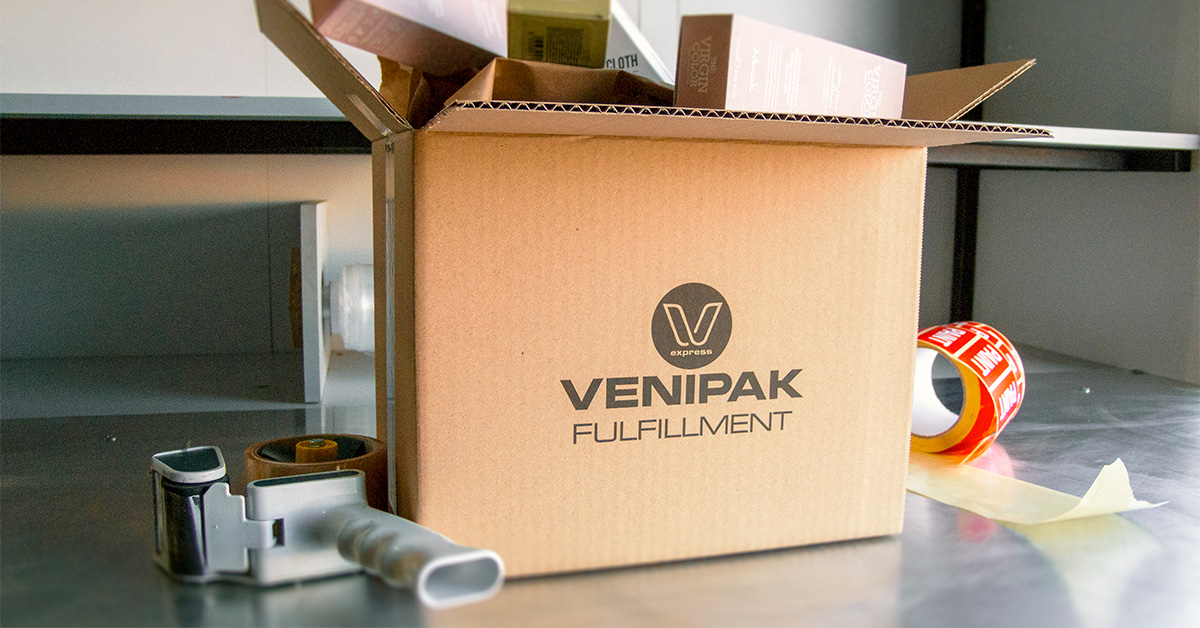According to Justas Šablinskas, CEO of Venipak, the EU warehouse shortage for e-commerce businesses has reached Lithuania too. The increase of commercial storage spaces is actively encouraged by parcel delivery companies.
The situation in Europe has revealed that the scale of goods sold online is bigger than the availability of storage spaces. The Economist data shows that compared to 2019, last year saw a 16% logistics space rentals increase. However, warehouse vacancy rates in Europe have fallen to a record low of around 5%.
According to Šablinskas, the head of international parcel delivery service Venipak, this problem is evident in Lithuania as well. The growing e-commerce businesses lack storage space while building a larger warehouse is not an option for most.
“Forecasts show that e-commerce trend will continue to grow and the problems with storage will only get worse. We already see that compared to last year, we shipped 54% more shipments in 2021 Q1. The large Lithuanian e-shops moving to bigger and more modern warehouses further show the need for more storage space. Unfortunately, for smaller yet fast-growing businesses, finding a suitable rental option, buying, or building a warehouse is a much more time-consuming and costly process,” says Šablinskas.
To solve this issue, Venipak group is investing in the automation of the warehouse located in Liepkalnis Industrial Park, where the goods are stored, packed, and other fulfillment services are performed. Šablinskas says that a modern and automated warehouse in Lithuania will allow to handle up to 50% more e-commerce clients looking for a way to save on logistics costs.
This year, the company also plans to make additional investments in a new “Fulfillment” center near Warsaw, Poland. It will be a convenient solution for Baltic-based e-commerce companies which ship their goods across Europe. The center will provide all services required for e-commerce, including storage and delivery.
“In conventional sorting terminals, employees encounter more than 40 000 parcels a day, which are collected by our couriers throughout the area. However, it’s clear that this is not enough. As e-commerce booms, the need for a universal service covering the entire process from warehousing to shipping will only get higher,” Šablinskas says.
According to the company’s data, 25% more clients used the e-commerce fulfillment service in 2020 than the year before. This includes warehousing, packaging, and delivery to the customer. One of the most frequent reasons for such service was the lack of space for storing goods and the shortage of staff.




